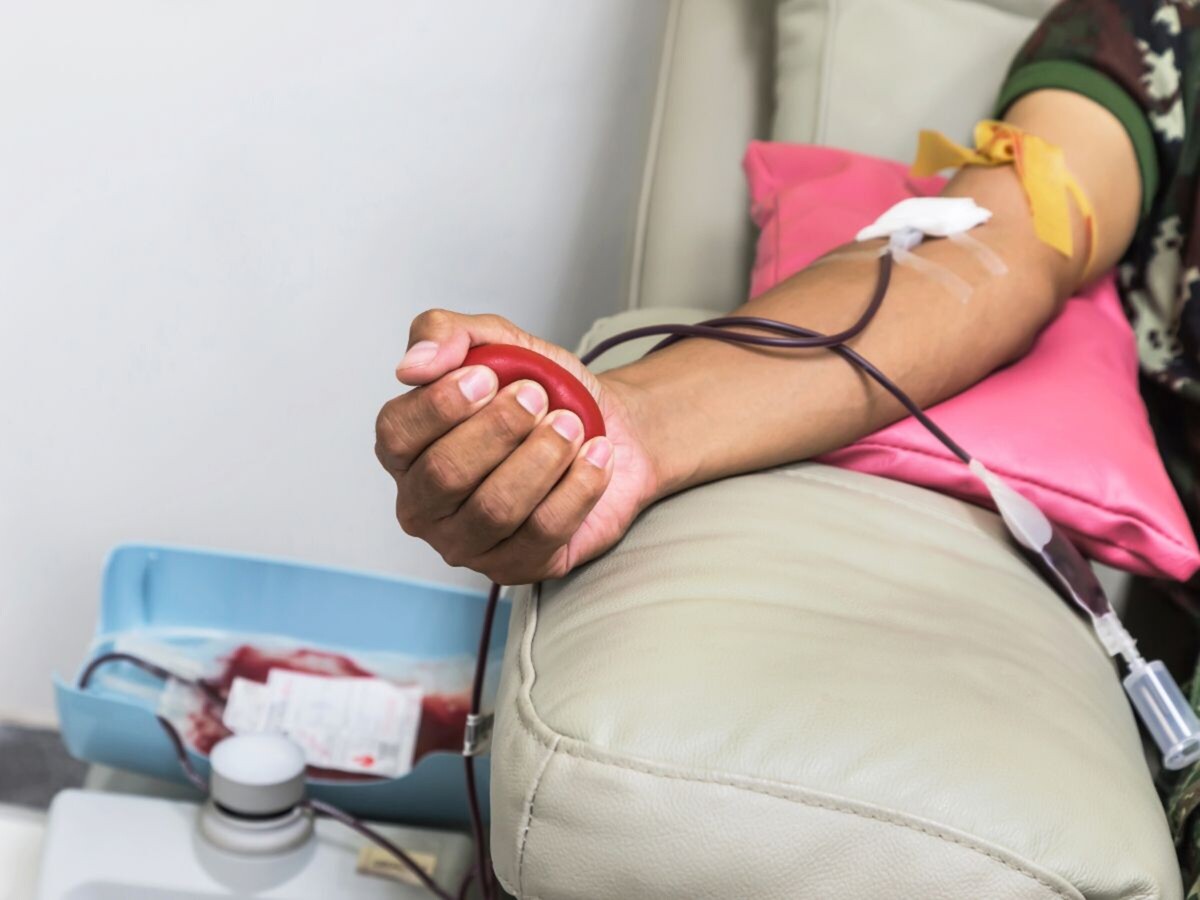Critical Blood Shortage, Governor Declares 'Blood Emergency'
January Is Blood Donor Month in New Jersey as Supplies Reach Critically Low Levels
NEW JERSEY – As Blood Donor Month in New Jersey draws to a close, the New Jersey Department of Health (NJDOH) is sounding the alarm on critical blood shortages affecting hospitals and patients across the state. Governor Phil Murphy’s proclamation of January 2025 as Blood Donor Month underscores the urgent need for residents to roll up their sleeves and donate lifesaving blood.
Mounting Shortages Statewide and Beyond
Blood centers serving New Jersey, including New Jersey Blood Services, have reported a 30% drop in donations over recent weeks—leading to dangerously low inventories of crucial blood types like O-negative and B-negative, currently at only a one-to-three-day supply. Nationally, the American Red Cross declared a blood emergency last August after its inventory dipped by 25%. While seasonal dips in donation rates are not unusual, the current shortage is presenting an unprecedented challenge for the healthcare system.
"Any one of us might need a blood transfusion someday – whether it's for a planned surgery, an unexpected emergency, or a critical illness," said New Jersey Health Commissioner Kaitlan Baston, MD, MSc, DFASAM. "Giving blood is one of the most powerful ways to help our neighbors. Each donation can save up to three lives – that's three families who might get a second chance because someone took an hour to give blood."
“The need for a diverse blood supply is constant, but the supply is not,” Governor Murphy stated in his proclamation. Fewer than 5% of eligible residents donate blood each year. Meanwhile, someone in the United States requires a blood transfusion every two seconds.
Critical Blood Products and Donation Types
The need is especially acute for Type O-negative blood, which is used in emergency situations due to its universal compatibility. However, any and all donations are welcome, as different blood components serve various critical functions:
- Whole blood donation: The most common method, taking about an hour; donors can repeat every 56 days.
- Platelet donation: Crucial for cancer treatment, burn victims, and surgical patients; donors can repeat every 7 days.
- Plasma donation: Frequently used for trauma care; donors can repeat every 28 days.
- Double red cell donation: Allows donors to give two units of red blood cells in one visit; donors can repeat every 112 days.
Blood products have limited shelf lives—red blood cells last up to 42 days, while platelets must be used within seven days—making regular donations essential to maintaining an adequate supply.
Where and How to Donate
Eligible individuals can make appointments via:
- American Red Cross Services
- Hunterdon Healthcare
- Miller-Keystone Blood Center
- New York Blood Center
- RWJBarnabas Health
- Vitalant Blood Services
Donors in New Jersey must typically be at least 17 years old (16 with parental consent), weigh a minimum of 110 pounds, and be in generally good health. The NJDOH Blood Bank Licensing and Regulatory Compliance Program oversees donor and patient safety, as well as monitors the collection, transfusion, and availability of blood products statewide.
A Tradition of Giving
National Blood Donor Month began in 1970 to highlight the importance of blood donation during winter’s steep decline in donations. More than 50 years later, the mission persists. With new challenges exacerbating shortages, state officials urge every eligible resident to consider giving blood in order to protect the well-being of their neighbors, friends, and family in communities across New Jersey.
To learn more about donating or to schedule an appointment, visit the websites of local or national blood donation centers, or contact the New Jersey Department of Health for additional guidance.















